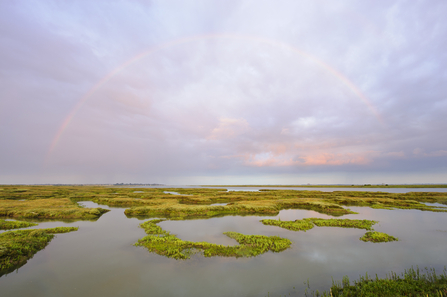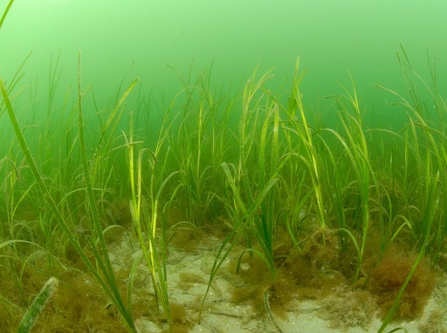Despite increasing awareness of the challenges faced by our natural world, we are not acting in a joined-up way to tackle these problems head on. Policies and practices often act in isolation and can even contradict each other. There’s a focus on protecting individual sites, whilst allowing nature to be lost more widely. Trees are planted to capture carbon, whilst the destruction of carbon-rich habitats such as peatlands continues. Intensive farming practices, that lead to loss of soils, release a lot of carbon, and harm the pollinators which we all depend upon, continue to be rewarded.
Thousands of Local Wildlife Sites, the backbone of our valuable wildlife areas, are in a poor state due to inadequate management and development.
Not only that, there is a severe lack of investment in nature, which makes it hard for the Government’s statutory bodies, such as Natural England and the Environment Agency, to do their jobs properly.



